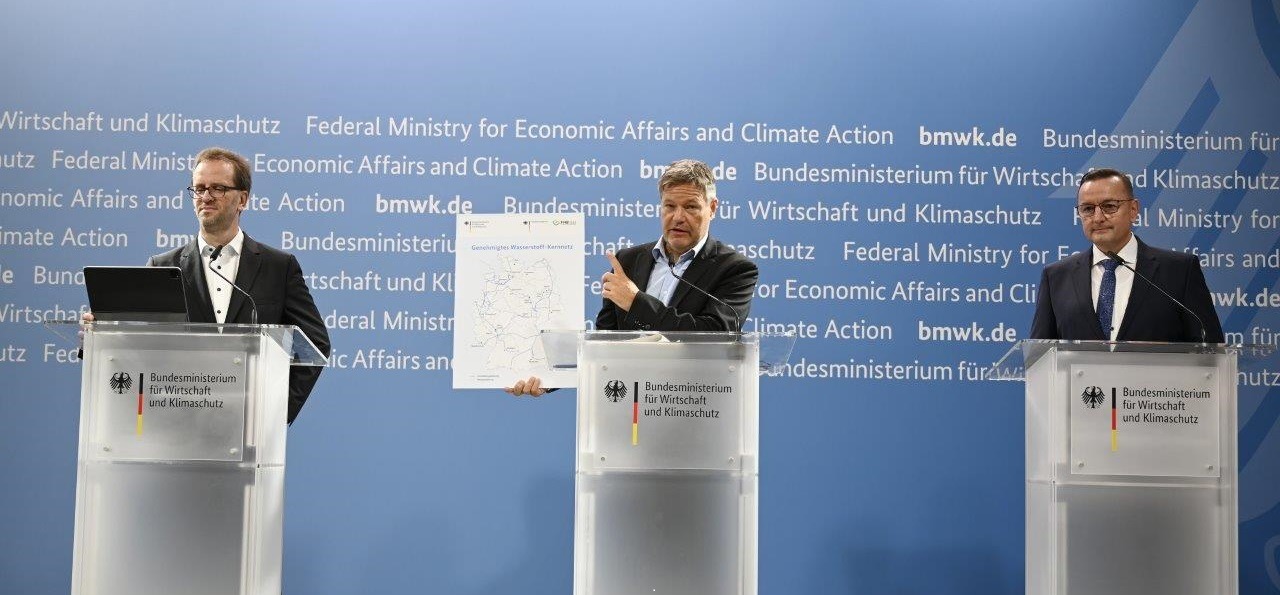The Federal Network Agency has approved the construction of Germany’s hydrogen core network, paving the way for Europe’s largest hydrogen infrastructure. With an investment volume of €18.9 billion, the network will span 9,040 kilometers and is expected to be fully operational by 2032. This core network is set to play a crucial role in transitioning to a climate-neutral energy system, connecting industrial centers, ports, and energy production sites across Germany and neighboring countries.
Approximately 60% of the network will consist of repurposed existing gas pipelines, while the remaining 40% will be newly constructed. This expansive network involves 15 transmission system operators and 10 distribution system operators, facilitating the movement of hydrogen throughout Germany and strengthening ties with European energy markets.
Leaders in Hydrogen Infrastructure
Barbara Fischer, Managing Director of FNB Gas e.V., expressed her enthusiasm, stating, “This is a groundbreaking decision: Germany is at the forefront of hydrogen infrastructure expansion in Europe. The approval is very good news because it gives potential producers, consumers, and traders of hydrogen planning security.”
Dr. Thomas Gößmann, Chairman of the Board of FNB Gas e.V., emphasized the transformative potential of the hydrogen core network: “With this network, we are laying the foundation for a new energy system and offering a historic opportunity for Germany to position itself as a pioneer in the hydrogen economy. The development of the H2 market is now a joint task requiring all players to actively drive it forward, especially under the current economic conditions, which demand a conducive framework for private investments.”
Key Facts About the Hydrogen Core Network:
- Europe’s largest hydrogen network: 9,040 kilometers long with an €18.9 billion investment
- Fast implementation: Hydrogen transportation to begin as early as next year
- Climate-neutral energy: Capable of transporting 278 TWh of green hydrogen, helping decarbonize industries such as steel and chemicals
- Planning security: Provides reliable support for investments in the hydrogen economy
The development of this core network has been a collaborative effort between politicians, the Federal Network Agency, and grid operators over the last 19 months. Hydrogen is seen as the key to decarbonizing Germany’s heavy industries and providing flexibility for electricity, heating, and transportation sectors.



